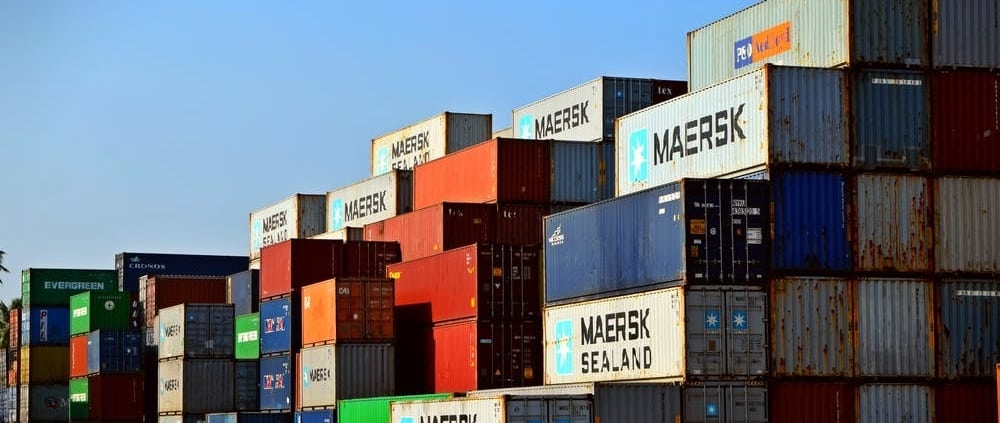FILL THE TRUCKS: Capacity optimisation as remedy for the supply crisis
The world is currently experiencing a serious supply crisis, which also is making its mark in Denmark and the Nordic countries. The crisis did not arise overnight and has many causes, such as major logistical bottleneck problems from manufacturing China due to the Corona pandemic, galloping freight rates, acute global shortages of drivers, lorries, and trailers. In addition, consumers’ changing buying habits have caused e-commerce to explode, resulting in more goods than ever being transported from A to B. As an example, last year (2020), as much as 89% of the Danes shopped via the Internet (DS) .
The current supply situation affects many sectors and industries and in particular the transport and logistics industry. Consumers also feel this when freight prices rise or when their ordered goods arrive either too late or not at all. Most recently, due to BREXIT and related changes in regulation of work and residence permits, we have seen a severe acute shortage of up to 100,000 lorry drivers in England. The result is empty shelves in supermarkets and a national supply crisis.
On top of that, we must all – as companies and consumers – take an active approach to the climate crisis, where we all can reduce our individual footprint, by changing our behaviour. CO2 levels can only be reduced, and climate goals can only be achieved if we change habits, get creative and innovative. Now is the time to act; not in five, 10 or 20 years. And we will all somehow pay parts of the bill e.g. in the form more CO2 tax or more expensive goods and services. For example, a kilometre-based CO2 tax for heavy transport has already been announced in Denmark.
If there is no silver bullet – is there another solution?
The supply and capacity challenges mentioned are national, regional and global. Basically, it boils down to the fact that there is a higher demand for goods than what is possible to ship to the recipients. Again, zooming in to Denmark, we see the same challenge, even though the number of trucks on the Danish motorways has grown by 26% in just 10 years.
The situation is complex and cannot be solved with the flick of a finger because so many factors come into play.
But there is one factor that WILL have a positive effect on the issues outlined. And that is the optimisation of goods and freight capacity, which can be done without large investments, or for that matter without major changes in supply chain management
Fill the trucks better
Looking at the heavy road transport in Denmark as an example, the trucks simply are not full enough. Right now, the filling rate is only 56%, and that is in fact an improvement since 2008, when the figure was 38% (ITD). There may be good explanations for why we are not able to fill all lorries as much as we would like to, but there is far more to gain. And we can distribute certain types of goods (pallet goods) differently, just as we can plan, pack and stack the goods better and higher. If we do, we will get rid of some of the empty air in the lorry, allowing us to utilise the freight space better and getting more goods into each lorry.
When optimising the lorries and their freight capacity, we can get by with fewer lorries our fleet operation (= less investment), fewer drivers (= remedy to driver shortage). Finally, we can also reduce our environmental and CO2 footprint. On average, SpaceInvader’s customers achieve a saving of minimum15% – on both costs and CO2 / NOx. There is a documented correlation between financial gains and climate gains – when pallet goods are optimised with double-stacking.
Not only can capacity optimisation help a suffering sector save space, money and CO2, but at the same time, the optimisation alleviates some of the urgent challenges that the supply sector – and thus all of us – experience nowadays.
At SpaceInvader, we offer a simple and innovative solution that optimises the supply chain capacity. One of our customers, PostNord Logistics, already saves every 8th truck and both Bring, Asko, Solar, Velux and others are just now picking up the same or even higher winnings.


